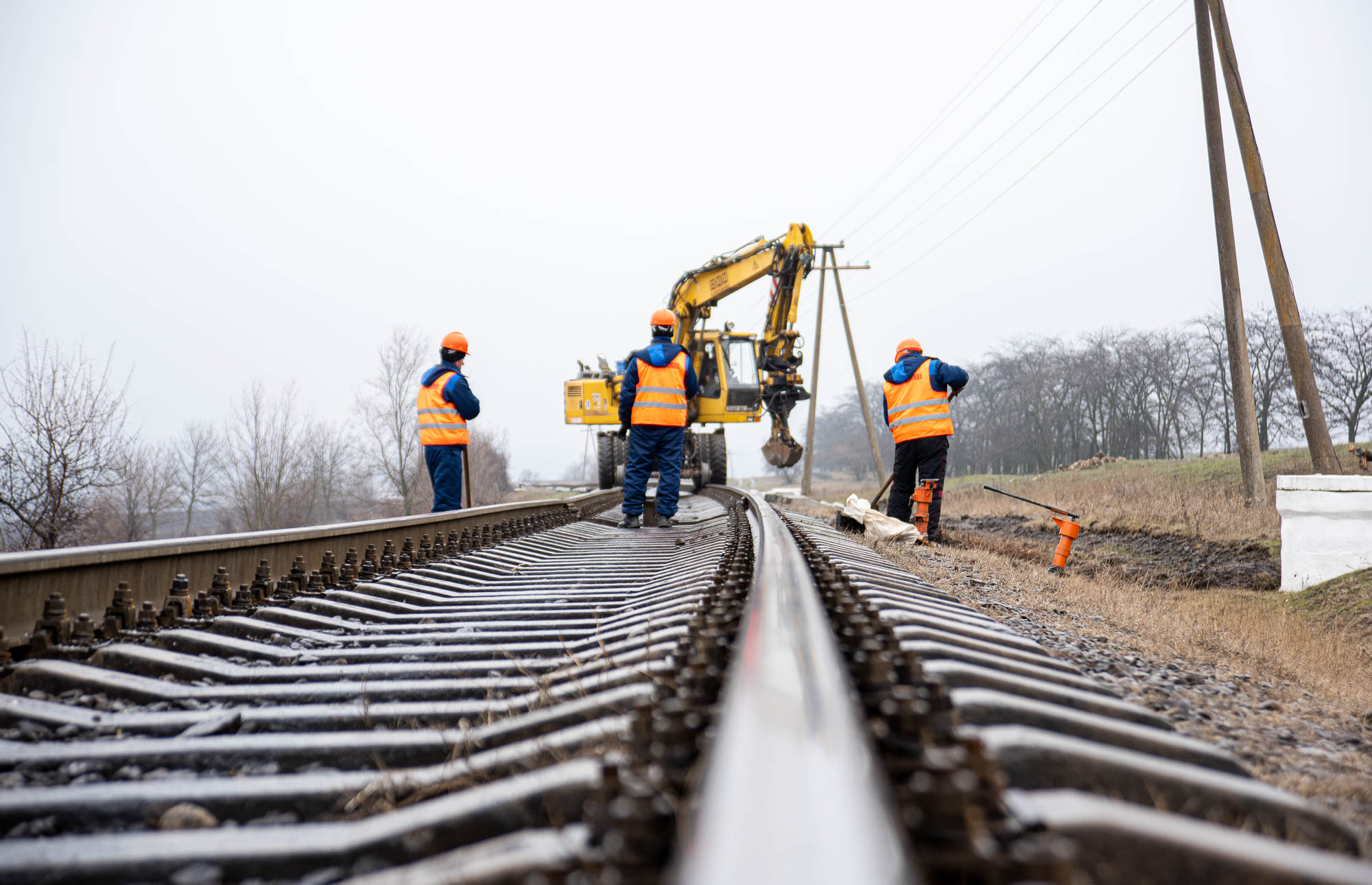 The European Bank for Reconstruction and Development (EBRD) is lending EUR 23 million to support the rehabilitation of two railway section of Moldova’s North-South Rail Corridor, part of the EU Solidarity Lanes initiative to improve transport to and from Ukraine.
The European Bank for Reconstruction and Development (EBRD) is lending EUR 23 million to support the rehabilitation of two railway section of Moldova’s North-South Rail Corridor, part of the EU Solidarity Lanes initiative to improve transport to and from Ukraine.
With road and rail traffic between Ukraine and the European Union expected to increase further once Ukrainian reconstruction gets underway, the project has also attracted an investment grant of up to EUR 20 million from the European Union via its Foreign Policy Needs instrument.
In May 2023, the EBRD President Odile Renaud-Basso and European Commission Executive Vice-President Valdis Dombrovskis signed an agreement to support the project, while the EBRD Head of Office in Moldova Angela Sax signed both loan and grant agreements with Minister of Infrastructure and Regional Development Liliana Dabija on June 27, 2023.
The final EUR 28 million of co-financing for the EUR 71 million project will come from Moldovan Railways (Calea Ferata din Moldova – CFM), which will be responsible for implementing the project.
The rehabilitation of Moldova’s North-South Rail Corridor will increase country’s logistics and transit potential and bring operational efficiency from improved regional infrastructure through the rehabilitation of Valcinet – Balti – Ungheni rail section and Chisinau – Cainari section in the second phase.
The EBRD funds and EU grant will finance the acquisition of materials needed to rehabilitate the sections of line. As well as the investment grant, this project will receive technical cooperation support of EUR 230,000 for project implementation from the EBRD’s Shareholder Special Fund (SSF).
This project will increase food security by making it easier for Ukrainian goods to reach the largest operable port on the Black Sea, Constanta, as well as ports in Romania, Moldova and Ukraine, at Galati, Reni, Ismail and Giurgiulesti. These have a cumulative operating capacity that can absorb a significant part of Ukraine’s export needs.
The Moldovan network’s current low capacity means that most goods moved west from Ukraine via Moldova travel by road, which generated increased carbon emissions. The project will allow train lines to carry more freight volumes in a faster way.
Share on:



